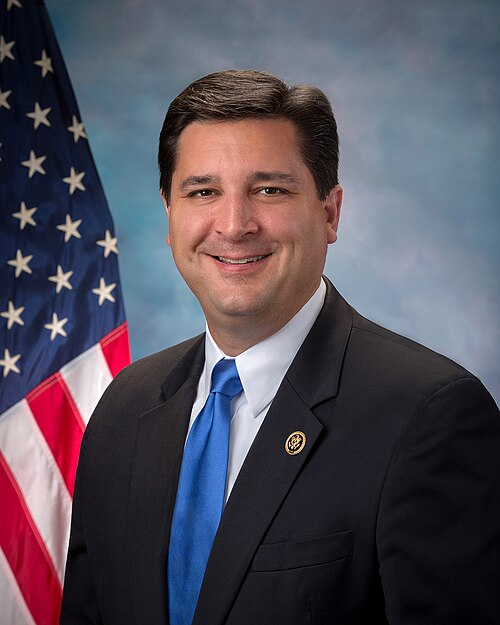H.R. 5490: Dismantle Foreign Scam Syndicates Act
This bill, known as the **Dismantle Foreign Scam Syndicates Act**, aims to create a coordinated effort within the U.S. federal government to combat large-scale online scams that target American citizens. These scams often involve criminal organizations, particularly those operating from Southeast Asia, that use deceptive practices to defraud people, mainly through fraudulent cryptocurrency investment schemes. The term "pig butchering," which describes how scammers lure victims into investing larger sums, is a specific tactic linked to these operations.
Key Features of the Bill
The bill outlines several major components:
- Task Force Establishment: The bill mandates the President to establish an interagency Task Force within 30 days of enactment. This Task Force will coordinate government efforts to shut down these scam operations and dismantle the criminal syndicates behind them.
- Investigation and Strategy Development: Within 180 days of the bill's enactment, the Task Force is required to submit a comprehensive strategy aimed at disrupting these scams, holding accountable those involved, and preventing the establishment of new scam centers.
- Collaboration with Local and International Entities: The Task Force will work alongside U.S. intelligence agencies, law enforcement, and relevant non-governmental organizations to gather intelligence, share information, and develop partnerships with private companies that can help combat these scams.
- Reports to Congress: Annual reports will be submitted to Congress detailing the progress made in combating these scams, including information about sanctions imposed on foreign individuals and entities involved in such activities.
- Support for Victims: The bill proposes the establishment of programs designed to assist victims of trafficking who have been coerced into participating in these fraudulent operations, offering trauma-informed care, shelter, and support services.
- Funding Authorization: The bill authorizes the appropriation of $30 million for each of the fiscal years 2026 and 2027 to support the implementation of the proposed strategy and programs.
Broader Implications
The legislation underscores the troubling connections between organized crime syndicates, particularly in China, and the exploitation of victims for the purposes of perpetrating financial fraud. It emphasizes the need for a comprehensive policy response to combat both the scams and the human trafficking associated with them, indicating that action is needed not only within the U.S. but also through international cooperation to address these issues at their source.
The bill seeks to shine a light on these illicit activities and to create a robust framework for the ongoing fight against them with the hope of significantly reducing the number of Americans falling victim to these scams.
Relevant Companies
- COIN - Coinbase Global, Inc.: As a major cryptocurrency exchange platform, Coinbase could potentially face regulatory changes or increased scrutiny regarding practices related to cryptocurrency transactions associated with scams.
- BA - Boeing Company: While not directly related, increased scrutiny on cybersecurity and scams could influence contract operations and partnership developments with international entities.
- FB - Meta Platforms, Inc.: Social media platforms like Facebook may need to enhance their fraud detection systems and enforce stricter policies to prevent scam operations from using their services.
This is an AI-generated summary of the bill text. There may be mistakes.
Sponsors
29 bill sponsors
-
TrackJefferson Shreve

Sponsor
-
TrackGabe Amo
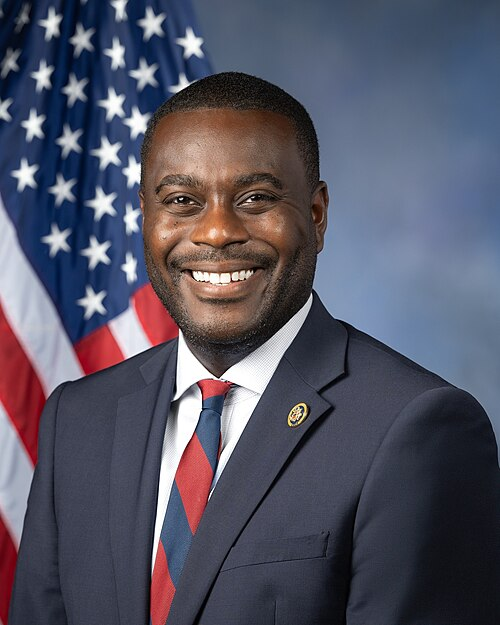
Co-Sponsor
-
TrackMichael Baumgartner
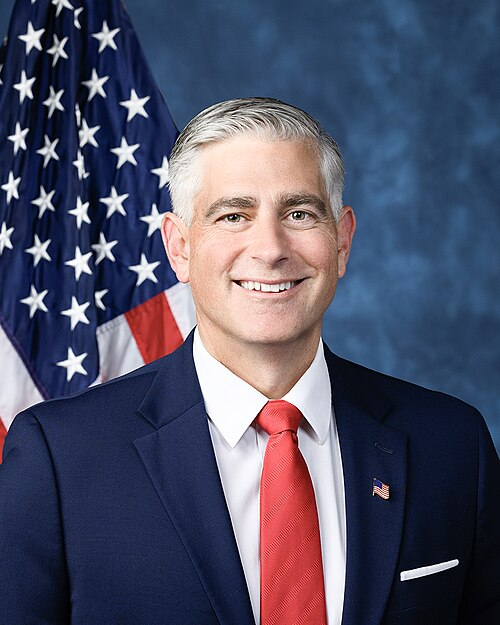
Co-Sponsor
-
TrackSheri Biggs
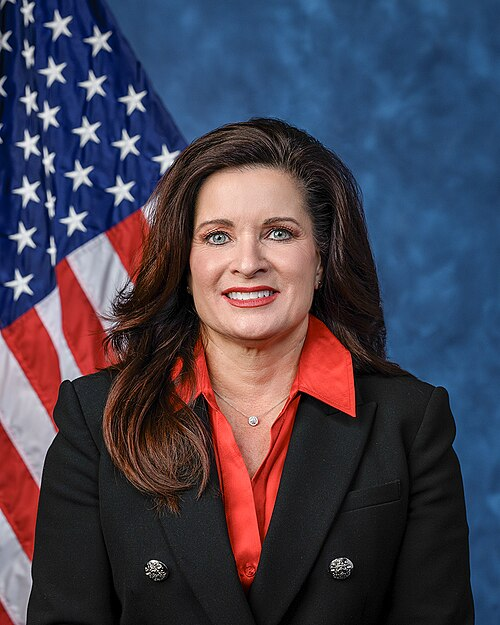
Co-Sponsor
-
TrackJoaquin Castro
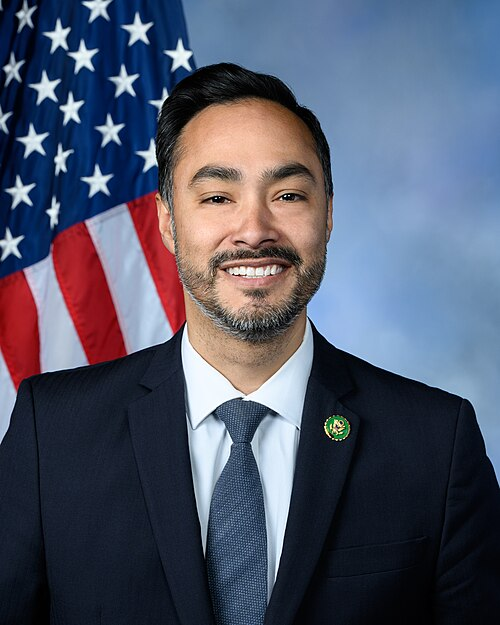
Co-Sponsor
-
TrackWarren Davidson
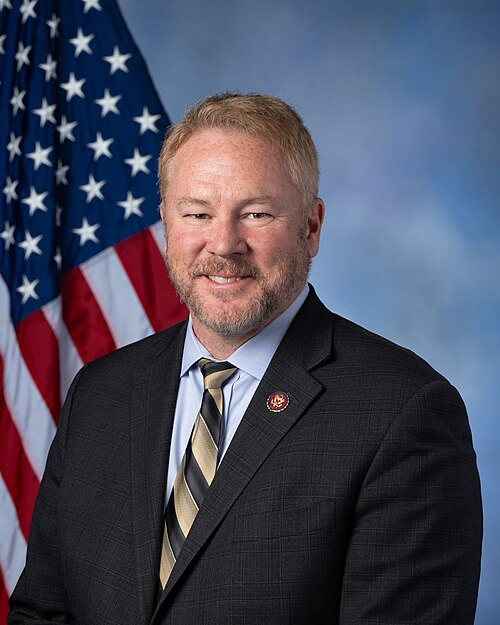
Co-Sponsor
-
TrackLaura Gillen
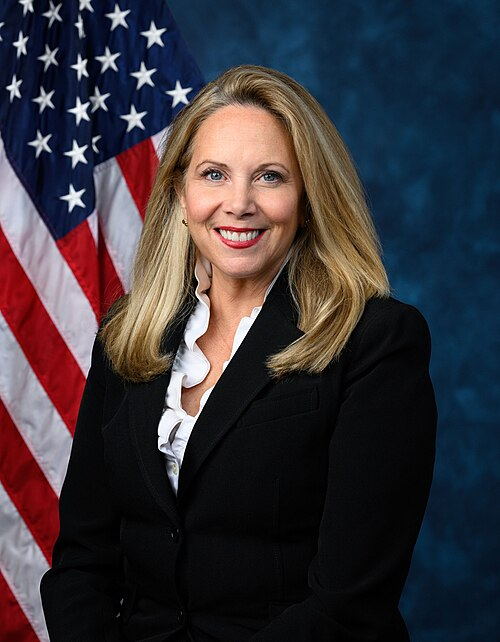
Co-Sponsor
-
TrackJosh Gottheimer

Co-Sponsor
-
TrackBill Huizenga
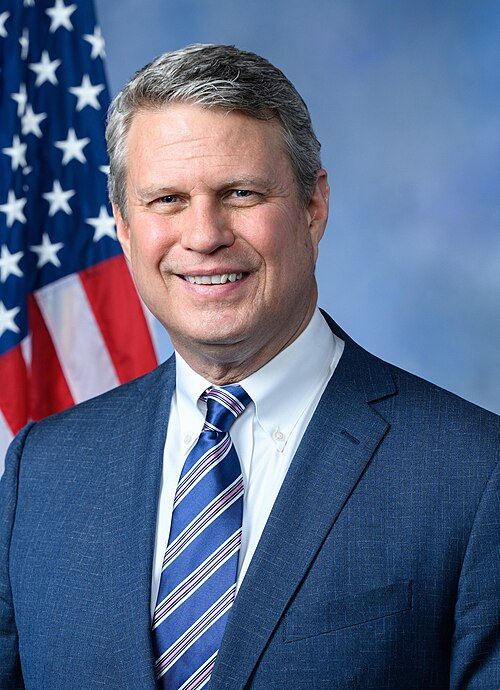
Co-Sponsor
-
TrackSydney Kamlager-Dove
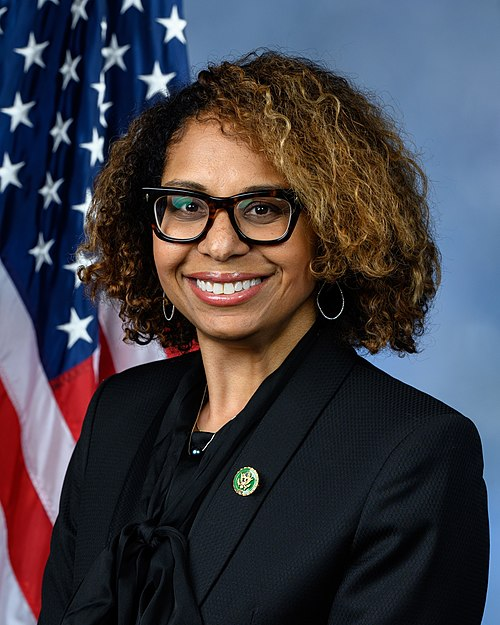
Co-Sponsor
-
TrackThomas H. Kean, Jr.
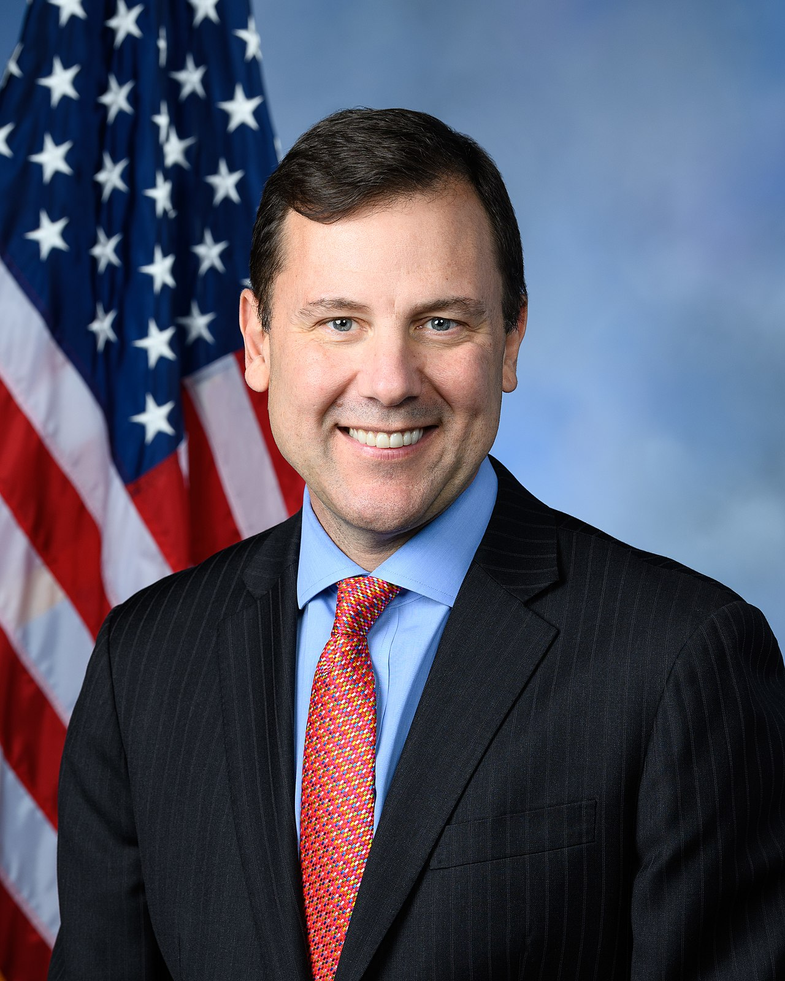
Co-Sponsor
-
TrackTimothy M. Kennedy
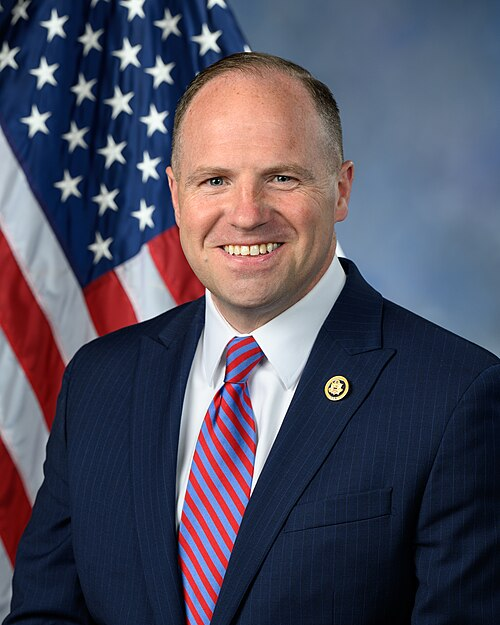
Co-Sponsor
-
TrackYoung Kim
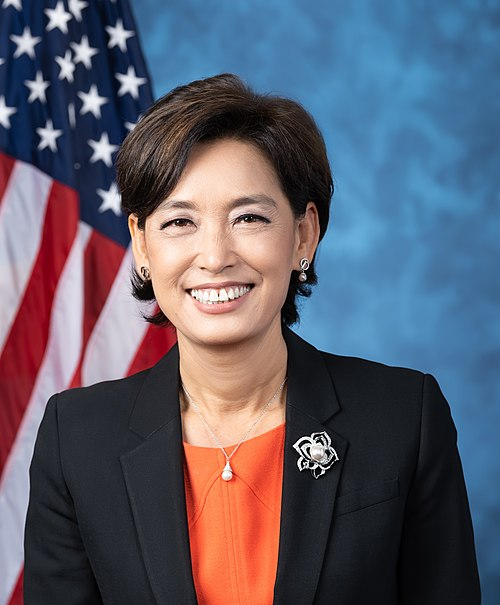
Co-Sponsor
-
TrackMichael Lawler
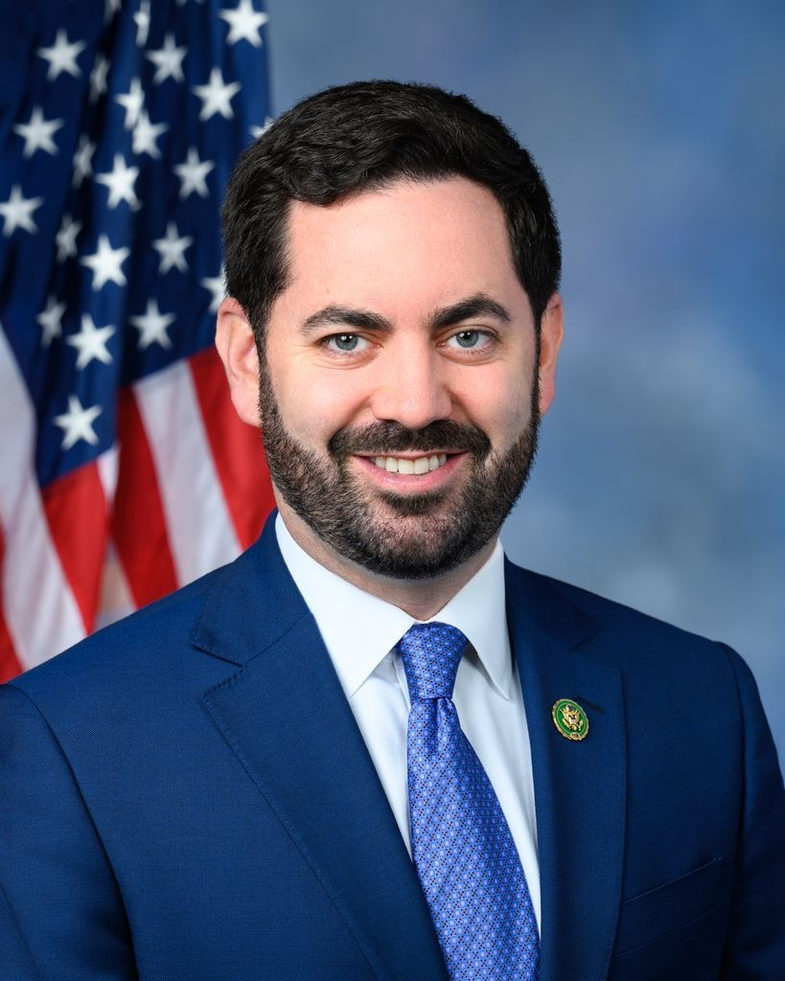
Co-Sponsor
-
TrackSarah McBride
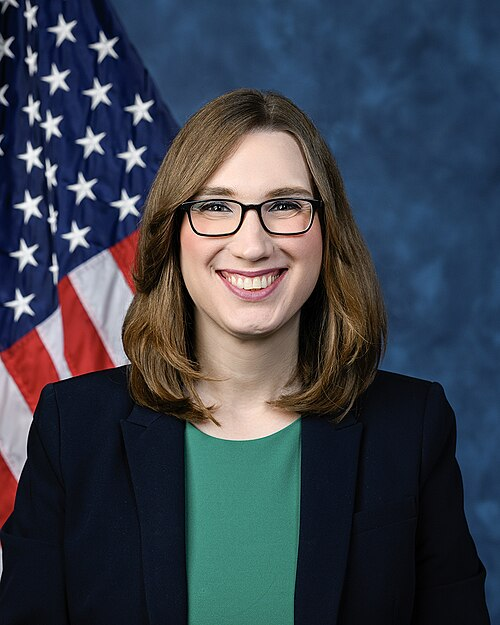
Co-Sponsor
-
TrackAddison McDowell
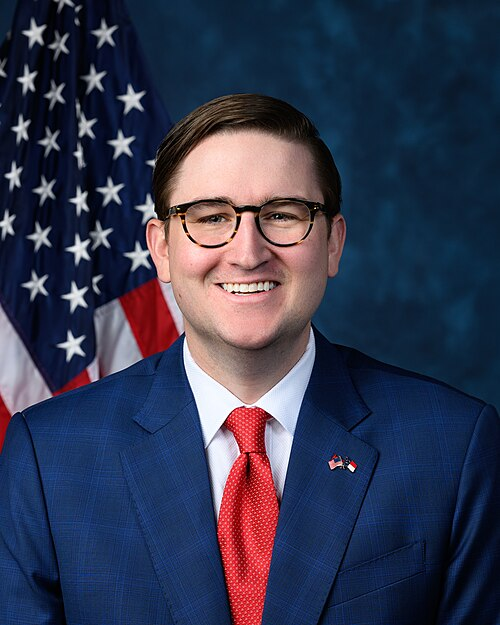
Co-Sponsor
-
TrackMark Messmer
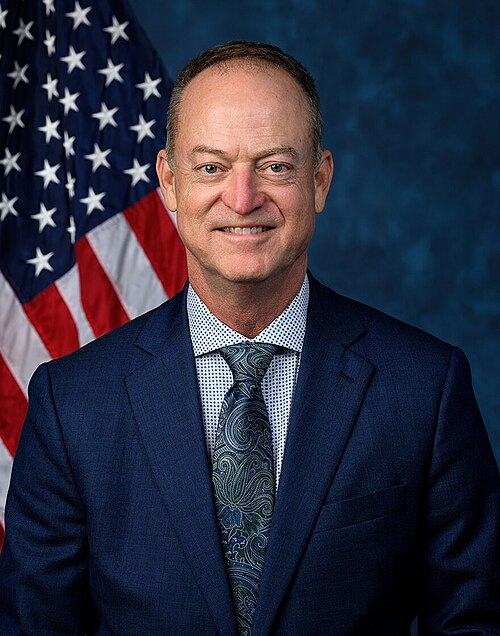
Co-Sponsor
-
TrackJohn R. Moolenaar

Co-Sponsor
-
TrackJames C. Moylan
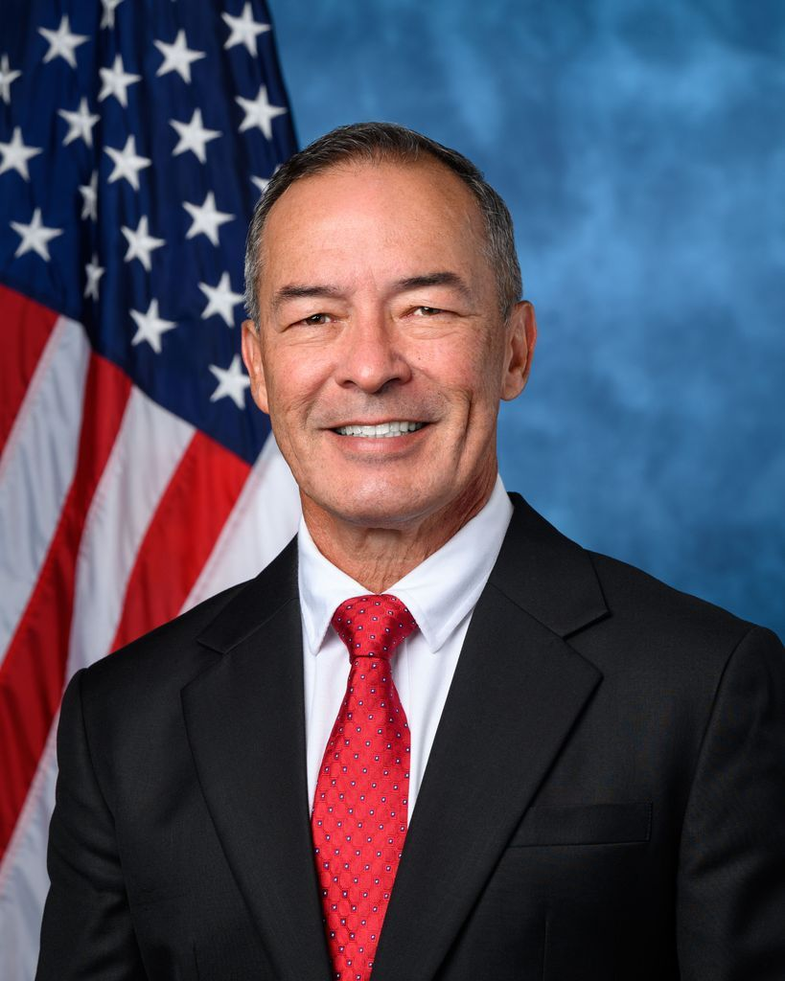
Co-Sponsor
-
TrackJohnny Olszewski
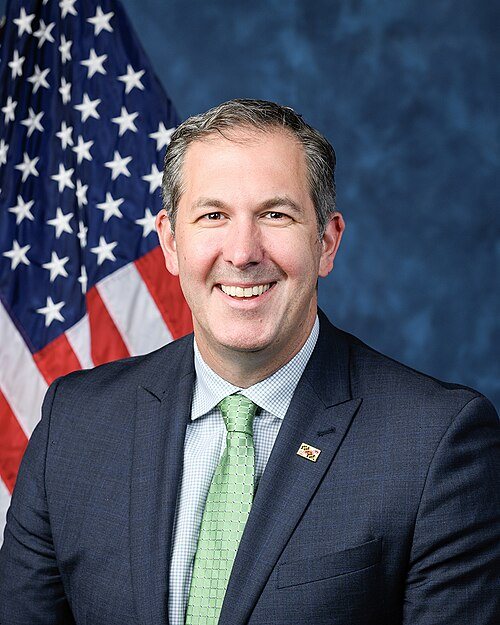
Co-Sponsor
-
TrackJosh Riley
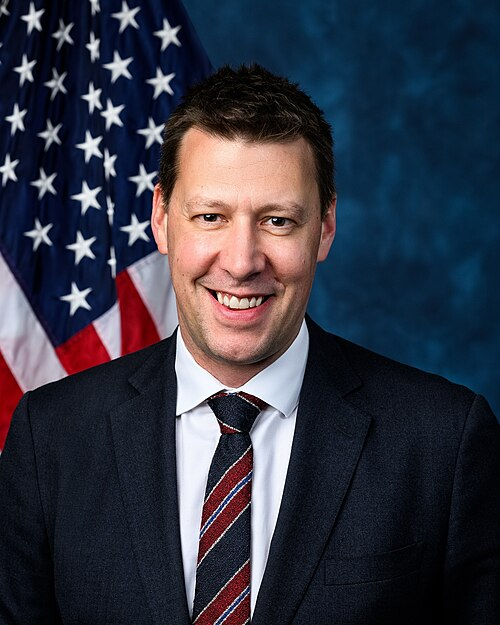
Co-Sponsor
-
TrackMichael A. Rulli
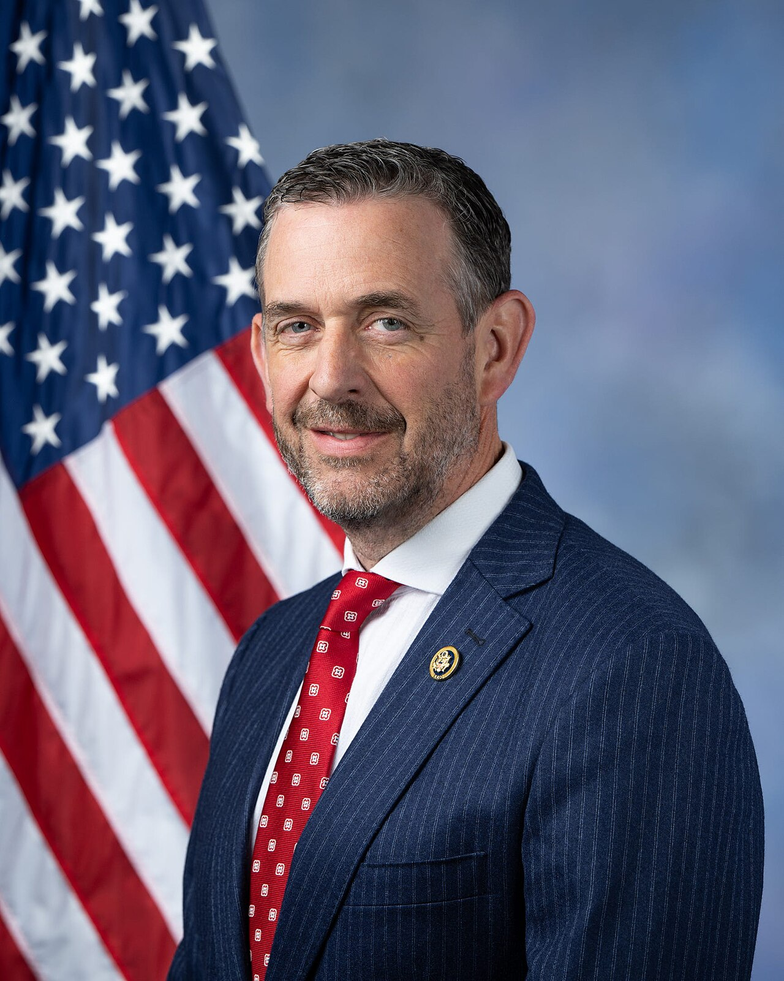
Co-Sponsor
-
TrackBrad Sherman
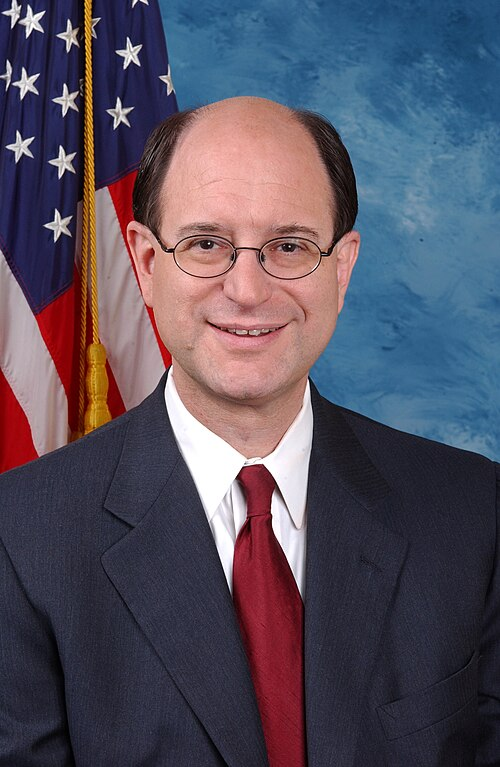
Co-Sponsor
-
TrackChristopher H. Smith
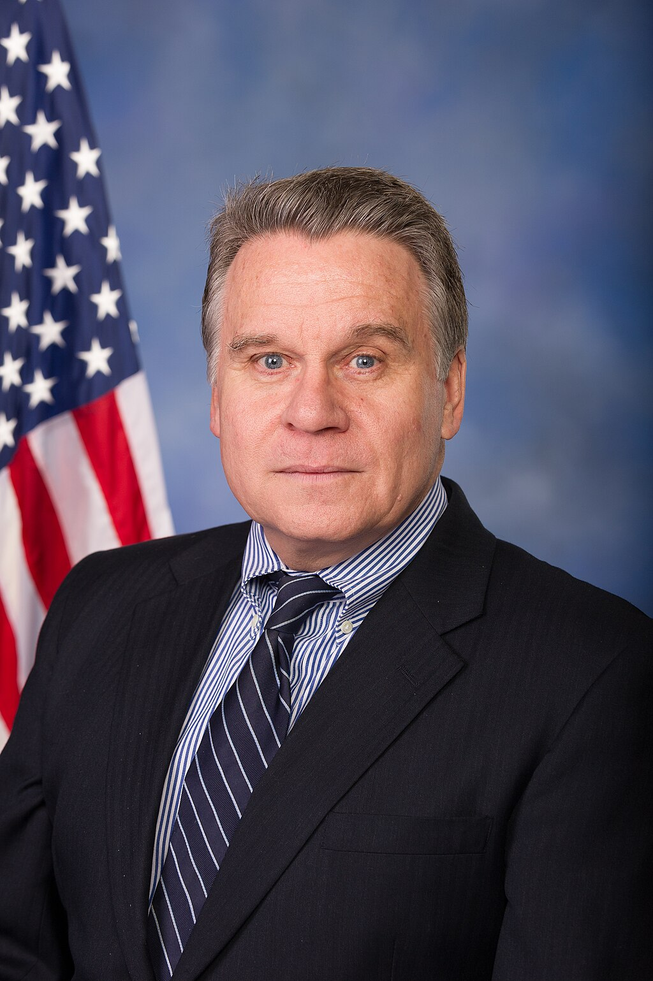
Co-Sponsor
-
TrackThomas R. Suozzi

Co-Sponsor
-
TrackDerek Tran
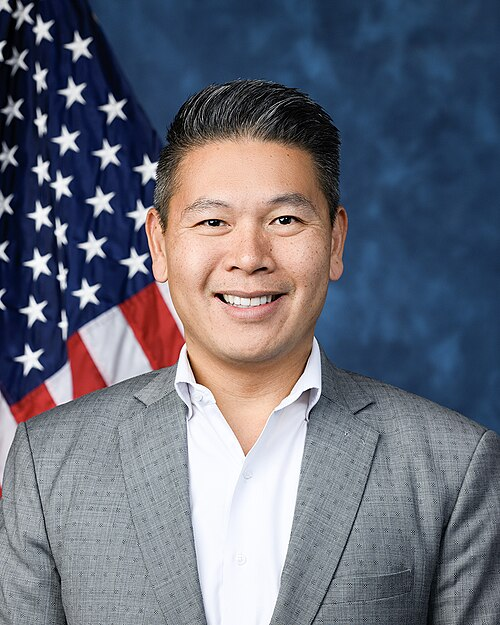
Co-Sponsor
-
TrackEugene Vindman
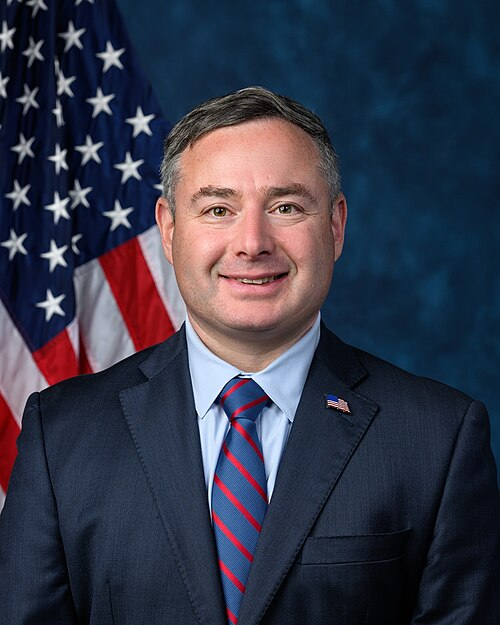
Co-Sponsor
-
TrackGeorge Whitesides

Co-Sponsor
-
TrackRudy Yakym III
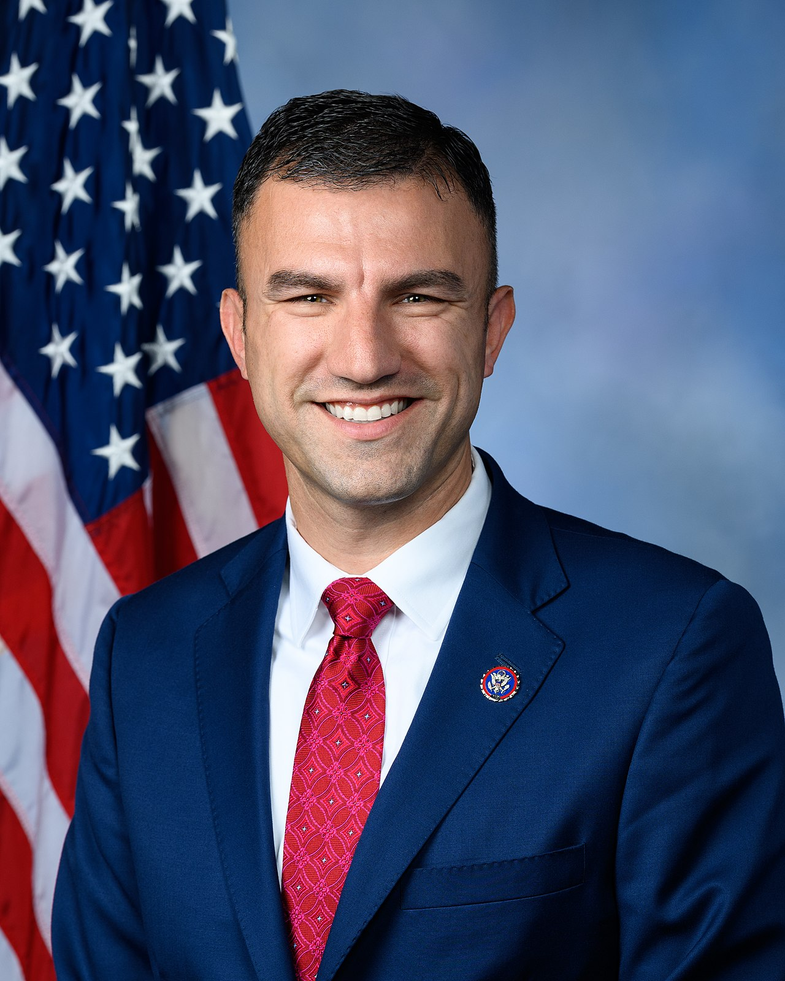
Co-Sponsor
Actions
2 actions
| Date | Action |
|---|---|
| Sep. 18, 2025 | Introduced in House |
| Sep. 18, 2025 | Referred to the Committee on Foreign Affairs, and in addition to the Committee on the Judiciary, for a period to be subsequently determined by the Speaker, in each case for consideration of such provisions as fall within the jurisdiction of the committee concerned. |
Corporate Lobbying
0 companies lobbying
None found.
* Note that there can be significant delays in lobbying disclosures, and our data may be incomplete.



